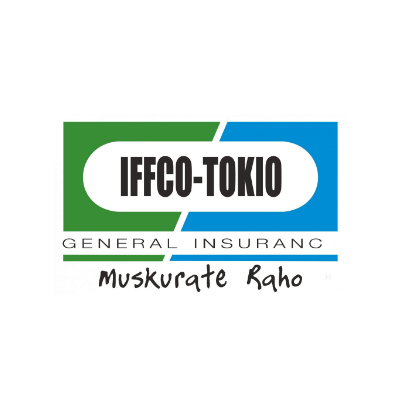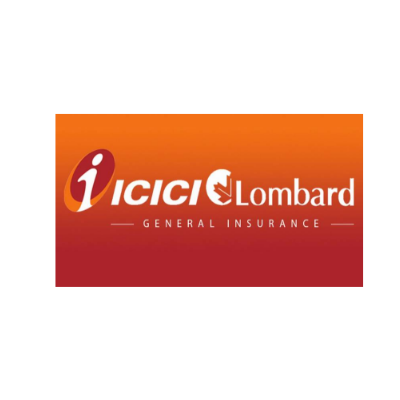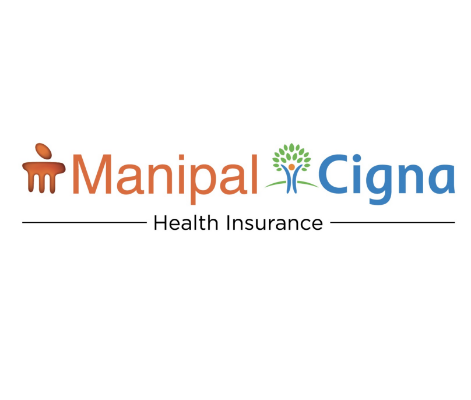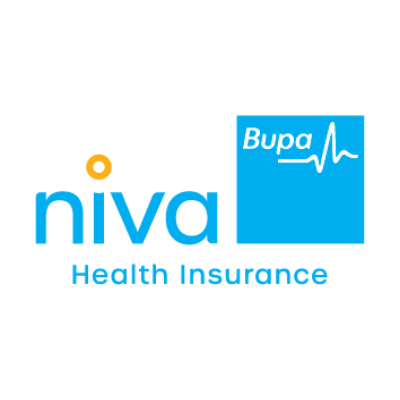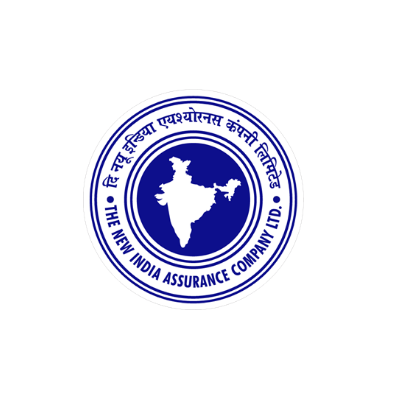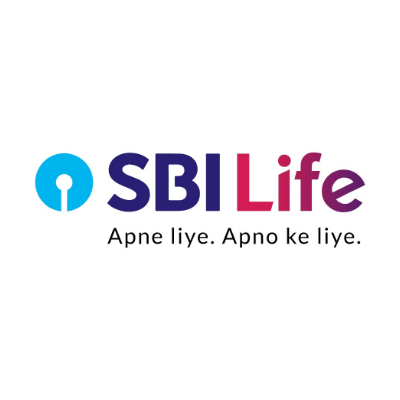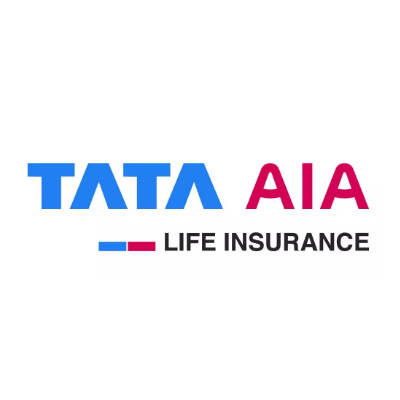IRDA NEW GUIDELINES 2024 FOR HEALTH INSURANCE
With the goal of "Insurance for All by 2047," IRDAI introduced the 2024 guidelines regarding health insurance. These guidelines are effective from April 1 2024 and are focused to protect policyholders' rights and ensure that insurers operate transparently.
IRDAI new guidelines changes aim to reduce financial stress and ensure that health, life, and general insurance are accessible to everyone.
People are smartly recognizing the value of investing in insurance; they are starting to reap significant benefits from their policies. Many individuals now understand that health insurance is not just an expense but a vital investment in their future.
So if you want to understand what are those IRDAI new guidelines of 2024 read the below article and empower as a policyholder to make informed decisions, allowing to maximize the insurance coverage form today!
What is IRDAI?
IRDA India is an Insurance Regulatory and Development Authority. The IRDA purpose is to protect the interests of policyholders. It frames the regulations to supervise insurance sector entities. Ensuring speedy settlement of genuine claims. IRDA promotes fairness, transparency, and orderly conduct in financial markets and secure financial security of the insurance market.
With the changing technology advancements in insurance products now IRDA is periodically changing and helping with standardization guidelines. It keeps the changes and comes up with new editions like 2020.
List of New IRDAI Guidelines for Health Insurance in 2024
1. No Age Limit for Health Insurance Further
2. Pre-existing Disease Reduced Waiting Period
3. No-more Refusal for Severe Pre-Existing Diseases
4. Ease Cashless Claim Settlement
5. Cashless Authorization
6. Final Authorization for Discharge
7. AYUSH Treatment
8. Policyholder Choice
9. Claw Back of Remuneration
10. Moratorium Period Reduced to 5 years
The Insurance Regulatory and Development Authority of India (IRDAI) has introduced new guidelines for 2024 to make the insurance industry more transparent and responsive to the needs of the people. These reforms are designed to help policyholders get better services, quicker responses, and fairer treatment. Let’s take a detailed look at the key changes:
1. No Age Limit for Health Insurance Further
From now, Health Insurance companies can no longer reject your application based on your age. This means that even senior citizens, who have struggled to get insurance in the past, can now get health coverage without age restrictions. With this IRDAI no age limit guideline makes health insurance more accessible for everyone.
2. Pre-existing Disease Reduced Waiting Period
The waiting period for pre-existing diseases in health insurance has been changed to benefit policyholders. Now, insurers have to reduce the waiting period for covering these conditions, meaning you will get coverage for your pre-existing illnesses sooner than before. This is a major relief for those with existing health issues.
3. No-more Refusal for Severe Pre-Existing Diseases
Insurers cannot refuse to provide coverage for severe pre-existing diseases under health insurance. Previously, people with serious conditions like heart disease or diabetes could be denied insurance. With this change, everyone is entitled to coverage, regardless of their health history.
4. Cashless Claim Settlement
Cashless claim settlement for health policyholders has been made easier and faster. Policyholders can now expect quicker approvals when they opt for cashless treatment, reducing the financial burden during medical emergencies.
5. Cashless Authorization
A new guideline ensures that insurance companies must process cashless claim requests faster. This means that you won’t have to wait long for approval while getting treated in a hospital, helping you avoid delays during emergencies.
6. Final Authorization for Discharge
Insurance companies are required to give the final authorization for discharge from the hospital without unnecessary delays. This will allow patients to leave the hospital without waiting for long hours after treatment, making the process smoother for everyone.
7. AYUSH Treatment
Insurance policies must now include AYUSH (Ayurveda, Yoga, Unani, Siddha, and Homeopathy) treatments. This gives policyholders more options to choose alternative medical treatments, which many people prefer alongside conventional medicine.
8. Policyholder Choice
Policyholders now have more freedom to choose their insurance providers or port health policy between them, ensuring they can get the best service and coverage. This improves competition among insurance companies, benefiting the customer.
9. Claw Back of Remuneration
Insurers are now required to take back any extra commissions or payments given to agents if the insurance policies are canceled within a certain period. This discourages mis-selling and ensures that agents prioritize policyholders' needs over profits.
10. Moratorium Period Reduced to 5 years
The moratorium period for health insurance has been reduced from 8 years to 5 years, effective from April 1, 2024. During this period, insurers cannot reject claims due to non-disclosure or misrepresentation. Once the 5 years have passed, claims can only be denied if fraud is detected.
In addition, if you switch or migrate your health insurance plan, the time spent with your previous insurer will also count towards the moratorium period. This change provides quicker and stronger protection for policyholders.
Impact of the New IRDAI Guidelines 2024 on the Insurance Industry
- Increased transparency and trust between insurers and policyholders.
- Faster and smoother claim settlement processes, reducing delays during emergencies.
- Enhanced accessibility to health insurance for all age groups and those with pre-existing conditions.
- More treatment options, including coverage for alternative medicine like AYUSH.
- Stronger protection for consumers against unethical sales practices.
- Empowered policyholders with more flexibility to switch providers and customize their plans.
- Improved overall customer satisfaction and confidence in the insurance system.
Conclusion
The new IRDAI guidelines for 2024 have marked a transformative shift in the Indian insurance landscape. By focusing on transparency, accessibility, and customer convenience, these new guidelines reform the insurance industry. It aims to build a more inclusive and efficient insurance market. Policyholders now have better access to health insurance, faster claim settlements, more treatment options, and stronger protection from mis-selling practices.
IRDAI new changes are designed to put the power back into the hands of consumers, ensuring that the insurance process is smoother, fairer, and more reliable. As the insurance industry evolves in response to these reforms, customers can expect an improved experience when purchasing and using insurance products.
FAQs on IRDAI New Guidelines
Q1. How many New IRDAI Guidelines are there in 2024?
Ans: According to the data, there are 10 new guidelines in health insurance in 2024.
Q2. What is the clawback of remuneration, and how does it protect policyholders?
Ans: The clawback rule requires insurance companies to recover extra commissions or payments from agents if a policy is canceled within a certain period. This prevents agents from selling unsuitable policies for personal gain, ensuring that customers get the right policy for their needs.
Q3. Can I switch my insurance provider under the new guidelines?
Ans: Yes, policyholders now have greater freedom to switch between insurance providers, allowing them to choose better services or plans that suit their needs.
Q4. How will the new cashless claim settlement process work?
Ans: The new guidelines streamline the cashless claim settlement process, allowing faster approval of claims and reducing the waiting time for treatment at hospitals. This will help policyholders get immediate medical care without worrying about upfront payments.
Q5. How do the new IRDAI guidelines 2024 affect people with severe pre-existing conditions?
Ans: The guidelines ensure that insurers cannot refuse coverage based on severe pre-existing conditions like cancer or heart disease. Everyone is entitled to insurance coverage, regardless of their health history.











